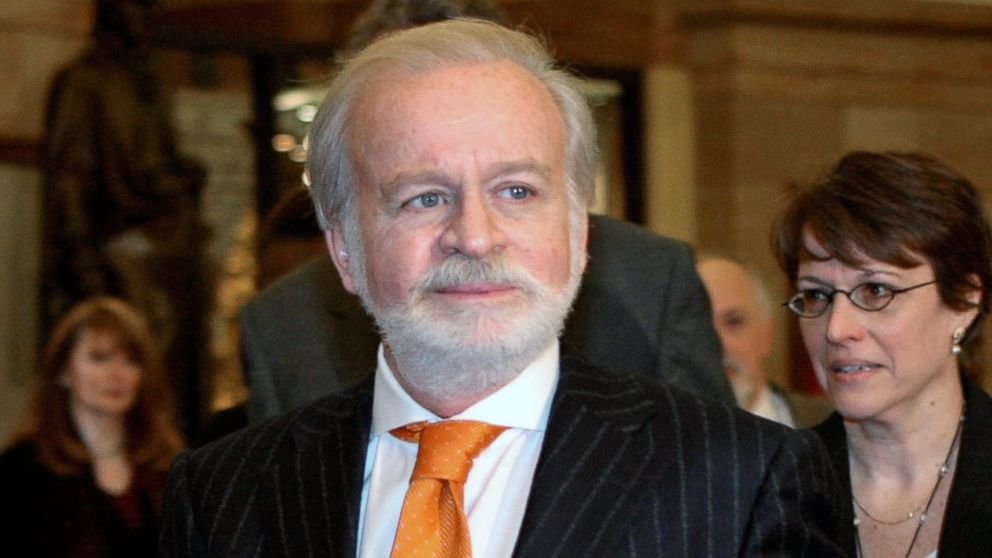One CIA Lawyer Could've Stopped Waterboarding Before It Started, Here's Why He Didn't
John Rizzo, CIA attorney, reveals thinking behind controversial program.

Jan. 31, 2014 — -- On Sept. 11, 2001, after three passenger planes had slammed into the World Trade Center towers in New York and the Pentagon in Washington, D.C., and while another hijacked plane was still unaccounted for, the CIA headquarters was evacuated.
But like several counter-terrorism officers and analysts in the building, John Rizzo, one of the Agency's top attorneys at the time, didn't move. Instead, he sat at his desk, took out a yellow legal pad and began drafting the legal justifications for what he had already predicted would be a "full-scale assault on al Qaeda [which would] employ all means necessary to prevent any further attacks on the homeland."
"On that unimaginable morning, I let my imagination run wild," Rizzo writes in his memoir, "Company Man", which covered his 30-plus years as a CIA lawyer and was published earlier this month. After first deciding that previous lethal action permissions would have to be expanded to go after "members of al Qaeda and any affiliated groups," he considered that American operatives would also need to take their enemies alive in order to discover al Qaeda's further plans.
"I scribbled down the phrase 'capture, detain and question' on my legal pad. I was totally winging it now," Rizzo writes. Less than a week later, President George W. Bush signed a Memorandum of Notification authorizing the "capture and detention of al Qaeda terrorists" and another for "taking lethal action against them."
But what should the American government do once it had captured suspected terrorists, and how intensely could they be questioned? When normal questioning appeared to be failing with captured high-level al Qaeda operative Abu Zubaydah in 2002, Rizzo writes that he was approached by a couple officers from the Counter-Terrorism Center with a new proposal.
"It had a deceptively bland name: 'Enhanced Interrogation Techniques,' or EITs for short. During my previous twenty-five years as an Agency lawyer, I had never heard of anything remotely like this," Rizzo writes.
Enhanced interrogation, as it was described to Rizzo then, included a number of techniques designed to break a man's will, including sleep deprivation, slapping and a method of simulated drowning called waterboarding -- which he called the "ultimate EIT" and which would be called "torture" years later by a chorus of top American officials including President Obama, former CIA Director Leon Panetta and former Presidential candidate Sen. John McCain, who himself was a victim of torture during the Vietnam War.
But at the time, it was down to Rizzo to decide how far American interrogators could go, and his decision would affect the way America would conduct its War on Terror for years.
"After the briefers left, I took a long walk around the headquarters compound, smoking a cigar and trying to process what I had just heard and to figure out what the hell to do next," Rizzo writes. "What I had to think about – bugs in boxes [which Zubaydah feared] and simulated drowning – would have been unthinkable to me only an hour before.[…] I have no doubt that if I had said the word, much if not all of the EIT initiative would have quietly died before it was born. It would have been a relatively easy thing to do, actually.




